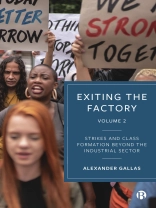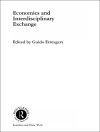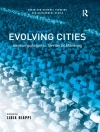In this important book, Gallas asks what strikes in non-industrial sectors mean for class formation, a critical question which has been largely unaddressed by the current literature on global labour unrest.
A mapping of strikes around the world and case studies from Germany, Britain and Spain cast new light on class relations, struggles around waged and unwaged work and labour movements in contemporary capitalism to bring class theory back to labour studies.
This is a valuable resource for academics and students of employment relations, sociology and politics.
This second volume focuses on empirical strike research.
Inhaltsverzeichnis
PART I: Strike Research from a Global Angle: Collective Action in Response to the Crisis of Neoliberalism
1. Beyond Methodological Fordism: The Case for Incorporated Comparisons
2. A Catastrophic Disequilibrium: Neoliberal Capitalism in Crisis
3. Shifting Conditions of Struggle: The Service and Public Sectors in the Age of Neoliberalism
4. Outside the Factory Gates: Strikes in Non-Industrial Workplaces around the World
PART II: Strike Research from a Western European Angle: Class Formation in Non-Industrial Settings
5. Deindustrialization and Dwindling Union Density: Labour in Western Europe
6. Union Competition and Militancy: The Railway Strikes in Germany
7. Adsorption and the Struggle against Austerity: The Junior Doctors’ Dispute in Britain
8. Changing Terrains: The General and Feminist General Strikes in Spain
Conclusion
Appendix A: Mapping
Appendix B: Background Interviews
Über den Autor
Alexander Gallas teaches in the Department of Political Science at the University of Kassel in Germany.












